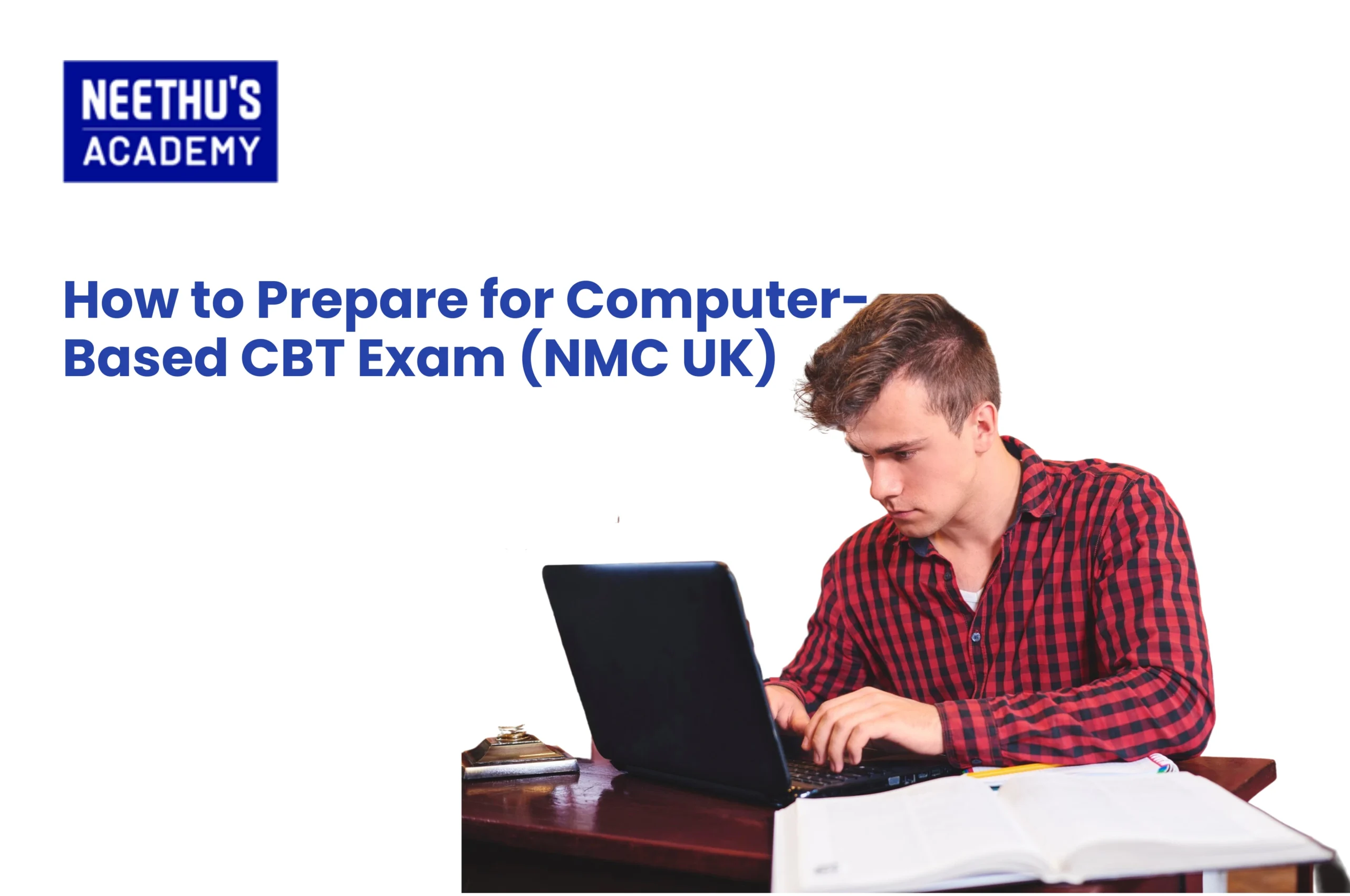If you are close to taking your PTE Exams, then one of the things that stress you out would be time management.…
How to Improve PTE Vocabulary for Reading: Proven Tips and Practice Strategies
For the PTE Academic test, the Reading section is one of the most crucial parts. And at the heart of good reading ability is vocabulary. Without a good understanding of academic and contextual vocabulary, even fluent English speakers can find it difficult to pick the right answers.
This blog will take you through the importance of PTE Reading vocabulary, the kind of vocabulary-related issues you would encounter in the test, and tips to enhance your skills. If you’re just beginning or if you aim to get a high score, developing vocabulary for PTE Reading is crucial.
Why Vocabulary is Important in PTE Reading
Vocabulary influences nearly every area of the PTE Reading section. Vocabulary helps one understand the text, identify correct answers in multiple-choice questions, and complete fill-in-the-blank activities effectively. Good vocabulary also improves reading speed as well as accuracy, particularly crucial under timed conditions on the test.
The following are some reasons why learning vocabulary should be part of your day-to-day PTE Reading practice:
It helps you understand the context of hard study texts.
It aids in locating the right answers quickly.
It aids in better paraphrasing and inferential abilities.
It improves your overall PTE Reading performance and confidence level.
Common PTE Reading Question Types
To successfully improve your vocabulary, you must be aware of the types of questions you will encounter in the PTE Reading section:
1. Multiple Choice, Single Answer
This type of question evaluates your capacity to read a piece of text and select the most appropriate answer. Options usually contain challenging vocabulary or synonyms that complicate selecting the correct one.
2. Multiple Choice, Multiple Answers
You must select more than one correct option according to the text. Good vocabulary enables you to distinguish between right and wrong answers better.
3. Re-order Paragraphs
This question tests your awareness of logical flow and sentence links. Understanding linking words and sequence markers is important.
4. Fill in the Blanks (Reading and Writing)
This test examines your vocabulary and grammar. You will need to choose the right word to fill in every sentence in a passage. Understanding collocations and academic terms is important.
5. Fill in the Blanks (Drag and Drop)
These questions require a sound sense of sentence structure and word usage. Without an appropriate vocabulary, it is easy to go wrong.
All of these exercises need a solid vocabulary foundation and the skill to use it properly.
Successful Strategies for PTE Reading Vocabulary Building
Building your PTE vocabulary does not involve memorizing long lists of words. Instead, you need to work hard and consistently practice with effective strategies:
1. Learn Vocabulary in Context
Don’t just simply learn words. Read academic articles, newspapers, and magazines and see how the words are deployed in context. It will make you better remember them and understand their shades.
2. Take advantage of Academic Word Lists
Utilize the Academic Word List (AWL) that includes high-frequency words employed in an academic setting. The words appear with high frequency in PTE Reading passages.
3. Practice Collocations
Collocations are groups of words that appear commonly in combination with one another, like “strong argument” or “make a decision.” Mastering these makes fill-in-the-blanks easier and improves natural word use.
4. Learn Word Roots and Affixes
Learning common prefixes, suffixes, and root words can help you make an informed guess about the meaning of unknown words. For example, knowing that “bio” means life can help you with words like “biology” or “biography.”
5. Use Spaced Repetition Apps
Apps such as Anki or Quizlet apply spaced repetition to assist you in memorizing vocabulary over time. Create your own flashcards or utilize pre-made decks with an emphasis on PTE vocabulary.
6. Summarize What You Read
Once you have read an article, attempt to summarize it using new words you have acquired. This enhances understanding and enhances your writing and reading at the same time.
Sample Vocabulary List for PTE Reading Practice
Here are some helpful academic words that often turn up in PTE Reading texts:
Analyze – to study something in depth
Assess – to judge or evaluate
Concept – a notion or general idea
Data – facts and stats gathered for reference
Environment – the conditions or surroundings
Factor – an element that makes a contribution to a outcome
Function – the role of something
Identify – to recognize or determine what something is
Impact – the influence or effect of something
Policy – a principle or rule
Research – a thorough study of a topic
Source – a person or location from which information comes
Theory – a explanation supported by evidence
Vary – to be different or change
Require – to demand or need something
Benefit – an advantage or good result
Process – a sequence of actions to achieve something
Role – a function or task
Method – a means of doing something
Period – a length of time
Practice using these words in sentences, and incorporate them into your everyday reading and writing practice.
Incorporate Practice Exercises for Vocabulary Building
Here are some methods to incorporate vocabulary-building exercises into your PTE Reading practice:
Create flashcards every day with definitions, examples, and synonyms.
Do fill-in-the-blank exercises based on real PTE-type questions.
Read one academic text daily and note five new words.
Use vocabulary in short writing exercises or summaries.
Take frequent vocabulary recall quizzes.
The more you practice using words in context in academic texts, the higher your scores will be.
Best PTE Coaching Center in Kerala
If you feel self-study is insufficient or you require structured guidance, consider joining a PTE coaching center. Neethu’s Academy, the best PTE coaching centre in Kerala, provides quality guidance to assist you in becoming proficient with vocabulary, reading comprehension, and exam strategies.
With PTE online coaching, you’ll receive:
Regular vocabulary-building sessions
Feedback on reading tasks
Personalised study plans
Mock tests that simulate real exam conditions
Access to curated academic reading materials
Getting the right coaching can dramatically improve your vocabulary and reading performance in a short amount of time.
Resources and Further Reading
The following are some useful tools and resources to aid your PTE Reading practice:
The Official Guide to PTE Academic – practice questions and exam advice
PTE Tutorials – gives mock tests and vocabulary practice
Academic Word List (AWL) – online for free
News websites like BBC, The Guardian, and The Economist – practice reading
Vocabulary apps like Quizlet, Anki, and Memrise
Create a mix of the above study materials to have an interesting and well-balanced study schedule.
Conclusion
Building your PTE Reading vocabulary is not just memorization—it’s learning words in context, applying them while reading, and reinforcing them through practice. A good vocabulary helps you read faster, understand better, and score higher. Whether you are self-studying or opting for professional coaching, it’s effort and consistency that counts.
Start with a few each day, use them constructively, and gradually make it a priority. By sheer willpower and clever strategies, you will not only master vocabulary but also tackle the PTE Reading section successfully.
Frequently Asked Questions
Regularly do contextual reading, academic word lists, and spaced repetition flashcards.
Practice all question types, build vocabulary, and practice speed reading with accuracy.
Build a strong vocabulary, be good at time management, and practice regularly using PTE-type questions.
Excel in academic vocabulary, maintain comprehension accuracy, and practice using expert coaching tips.
Related Blogs
- All Posts
- PTE
Studying abroad comes with several challenges and procedures and acquiring an English-language proficiency certificate is one of them. There are several tests…
Preparing for PTE requires knowledge of the English language and a good understanding of test format, scoring criteria, and best practices. Lower…
Course Enquiry
Latest Posts
- All Posts
- canada
- CBT
- DHA
- French
- GENERAL
- German
- Haad
- IELTS
- IQN NEW ZEALAND
- MOH
- NCLEX-RN
- NHRA
- OET
- OSCE
- Pearson Vue
- PROMETRIC
- PTE
- TOEFL
- Back
- NCLEX - NGN
- Back
- OET FOR PHYSIOTHERAPIST
- OET FOR PHARMACIST
- OET FOR DOCTORS



